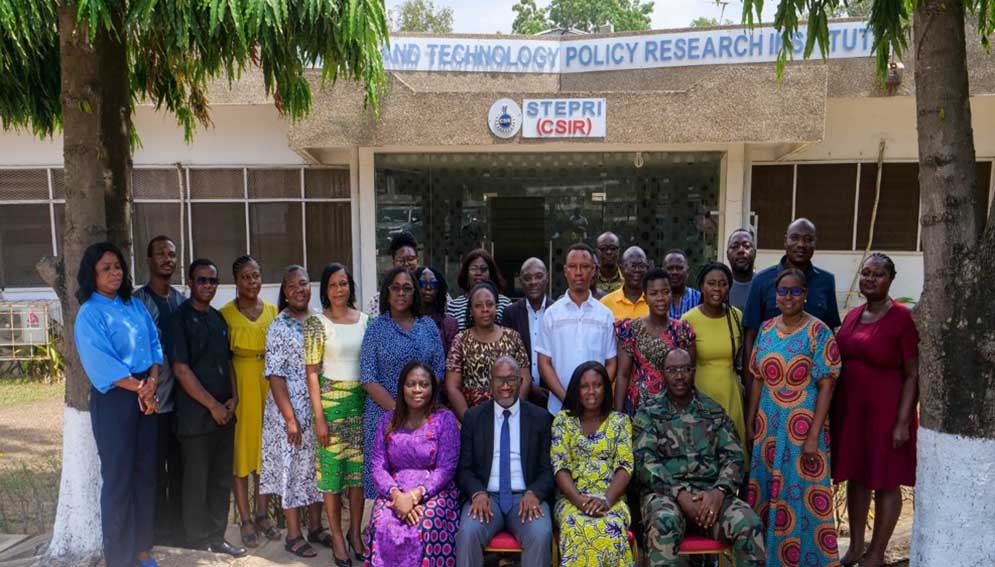SGCI News
Ugandan researchers have come up with a simple set of guidelines to help bakeries comply with food safety standards – potentially saving them from closure. The new standards for bread…
Ugandan researchers have created simple food safety guidelines for bakers
The new standards make compliance easier for Uganda’s small-scale bakeries
Food scientist pushes for policies addressing high equipment costs
Ugandan researchers have come up with a simple set of guidelines to help bakeries comply with food safety standards – potentially saving them from closure.
The new standards for bread and cake production were designed to be practical and easily understood by all bakers, regardless of their educational background.
Introduced by the Uganda National Bureau of Standards (UNBS), they offer bakers a clear path toward compliance.
Charles Muyanja is a professor at the Department of Food Technology and Nutrition at the University of Makerere, Uganda, and a member of the project team that developed the new guidelines, with funding from the Science Granting Councils Initiative (SGCI).
He said they aimed to regulate baked goods being sold for public consumption.
In the past, said Muyanja, “all that was needed was flour and some ingredients to bake bread or cakes for sale, often with no attention to quality or safety which resulted in poorly prepared products and the closure of non-compliant bakeries.”
He said the project involved extensive consultations with stakeholders in the baking industry including, bakers, retailers, and regulators to identify gaps in their knowledge.
“Various value chain actors to identify the standard gaps in their knowledge,” he said.
Muyanja, who is also the director of Nakku Food Safety Consults, added that the UNBS created simple text, which can be translated into different languages and visualised in pictures.
He said the project stemmed from the realisation that many bakery employees lacked formal education and had difficulty understanding and applying the original standards.
As a result, compliance rates were low and numerous businesses faced closures, he said.
To sustain the progress, Muyanja said it was important to reach out to bakers to encourage them to implement the standards.
“If [they] are shown how the standards contribute to access to international or regional markets and how their earnings will increase through the implementation, the application and compliance of the standard will increase too,” Munyanja added.
He said there was a need for training and education to ensure a clear understanding of the standards and their proper implementation.
Muyanja, however, highlighted the high cost of equipment and taxes as common concerns raised during discussions with stakeholders.
“The government needs to make policies that will create a conducive environment so that [bakeries] can comply with the standards,” said Muyanja.
Ivan Muzira Mukisa, a professor and head of department of food technology and nutrition at Makerere University, said the simplified standards were a positive step toward improving product quality and consistency.
He said the guidelines were especially helpful for small-scale bakers as the clear instructions make it easier for bakers to understand and comply with.
“This innovation is crucial for the bakery sector in Uganda as it simplifies compliance, making it more accessible for small- and medium-sized enterprises,” Mukisa said.
“Establishing clear and straightforward standards helps improve the quality of bakery products, thereby boosting consumer confidence and market competitiveness.”
He believes the standards will encourage adherence to quality control measures, reducing losses and enhancing the profitability of businesses in the sector.
Related News
A gender project is bridging gaps in research and evaluation in Ghana
Ghana is addressing critical issues in the country’s research landscape by bridging gender gaps in research and evaluation through a gender project. The Ghana Ministry of Environment, Science and Technology, a Science Granting Council is leading the gender project called EQUISTEM. The EQUISTEM project tackles…
Unlocking stronger food systems with African research
[SciDevNet] The 2025 Global Food Policy Report warns that the world could be heading toward another major food crisis. For Africa, the warning is especially urgent. Across the continent, food systems are under pressure from climate change, economic shocks, and political instability. These overlapping challenges…
Invasive lake weed turned to clean energy in Ethiopia
[ADDIS ABABA, SciDevNet] For years, Fentie Wabi worked as a fisherman on Ethiopia’s Lake Tana, until an aggressive green invader changed everything. Water hyacinth, a fast-spreading aquatic weed, began choking the lake that had sustained his community. “As the weed expanded, we couldn’t ride our…
Research and Resources
SGCI funded projects
Zambia’s top researchers pioneer solutions for climate resilience, food security, economic growth
Project Titles & Institution Areas of Research Number of Projects being funded Project Duration Grant Amount In-Kind Distribution Council Collaboration with other councils





